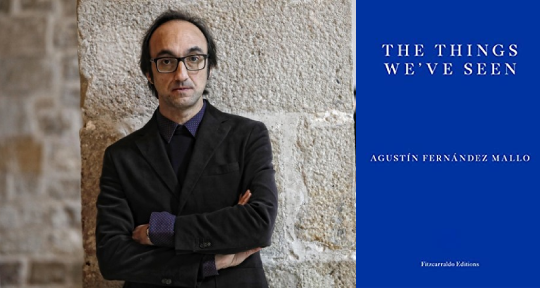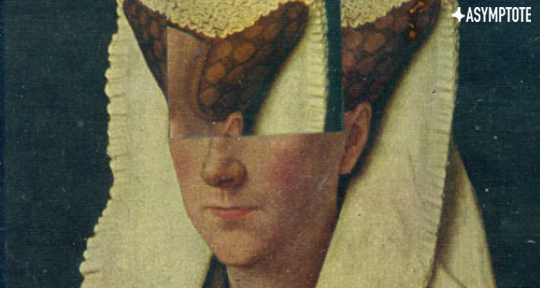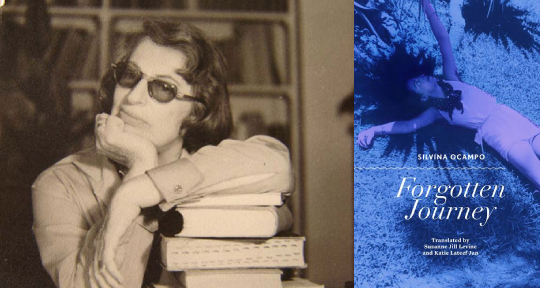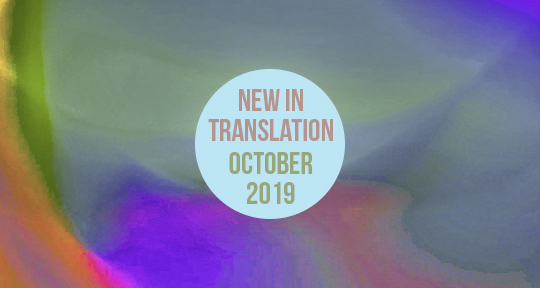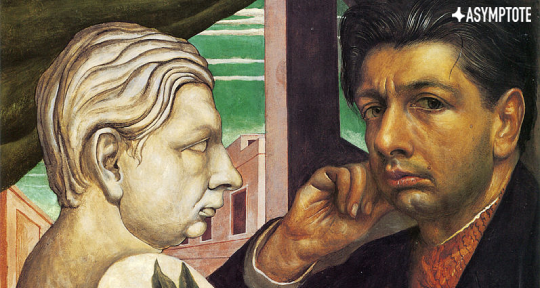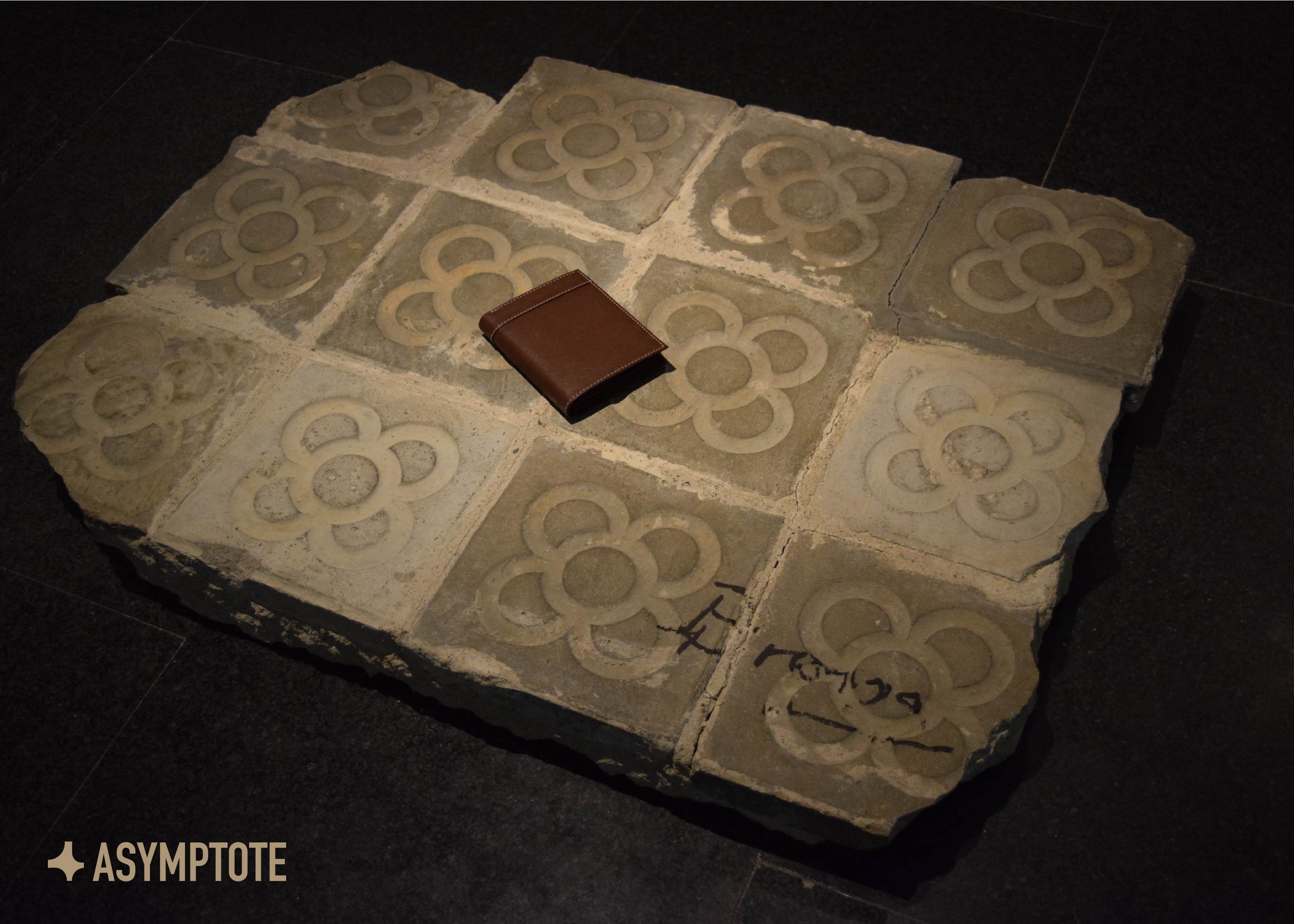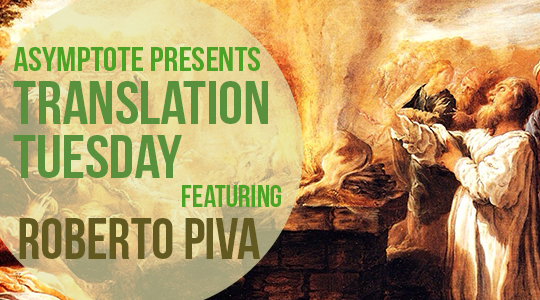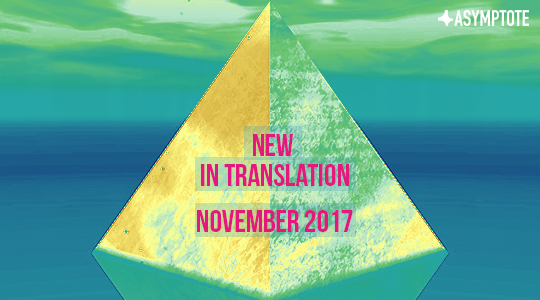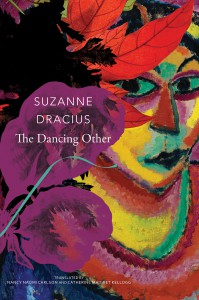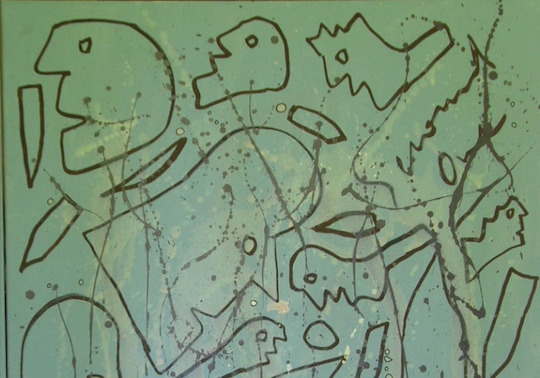The Things We’ve Seen by Agustín Fernández Mallo, translated from Spanish by Thomas Bunstead, Fitzcarraldo, 2021
In 1989, an extraordinary exhibit opened at the Zoology Museum of Barcelona. Visitors flooded the unveiling of a retrospective on the work of German zoologist Peter Ameisenhaufen, who disappeared under mysterious circumstances in 1955, and his assistant, Hans von Kubert. The exhibit consisted of the meticulous field notes, drawings, photographs, and x-rays of the rare animals the scientists discovered on their travels: Perrosomus, a desert rabbit with exaggerated incisors, Squatina squatina, a leathery sea creature with grotesquely humanoid features, and Solenoglypha polipodia, a snake with birdlike legs running along the length of its body.
If this is starting to sound far-fetched, it’s because it is.
Ameisenhaufen and von Kubert are the alter egos of Catalan photographers Pere Formiguera and Joan Fontcuberta, and the exhibition was, in fact, an artistic one. Designed to question the intentions of photography and its rich potential for deception and fakery (around 30 percent of those attending the inauguration with university degrees said that they believed the animals were real), the exhibit asked visitors to examine the blurred line between fact and fiction and see what truth they could extract.
In much the same way, Agustín Fernández Mallo’s latest novel in three parts, The Things We’ve Seen, sets the mind racing with blurs and glitches—periodic and perturbing reminders of just how malleable our reality, both past and present, can be in the hands of an expert. The English title of the book is taken from a line of poetry by Beat poet Carlos Oroza, which serves as one of the epigraphs to the novel, and subsequently appears with mantra-like regularity:
It is a mistake to take the things we’ve seen as given
With this as his cornerstone, Fernández Mallo creates an intricate network of information and stories, which sprawl outward and intersect seemingly at random, to form a vertiginous commentary on history, war, memory, and our interconnected, twenty-first century lives. In the first part, a writer not unlike Fernández Mallo himself attends a conference on the small Galician island of San Simón, where a group of Twitter-obsessed creatives and thinkers reflect on digital networks. He is accompanied by Julián Hernández, a real-life man who is part of a real-life punk band, Siniestro Total. With the mention of actual people, places, and events so early in the novel, it is tempting to think that what follows will be a species of essay. However, The Things We’ve Seen is published by Fitzcarraldo, whose color-coded covers give the game away (white for essays, Klein blue for fiction). Far be it from me to judge a book by its factuality, but in this case, it is as though the author is daring the reader to believe, to latch on to the recognizable markers of our shared world. READ MORE…

